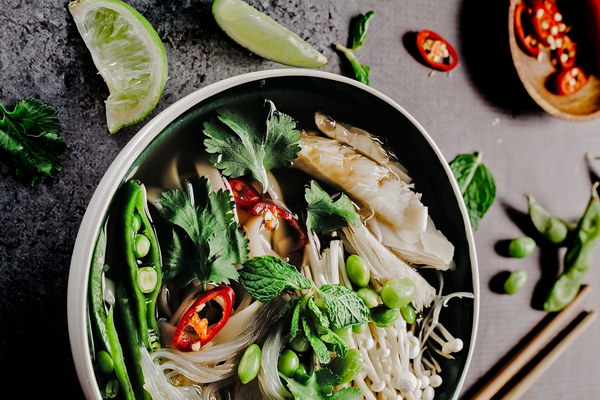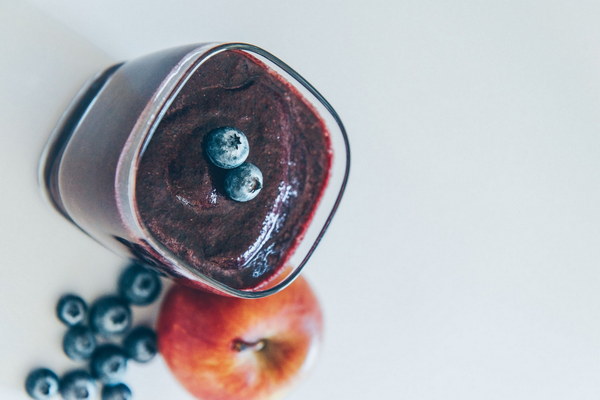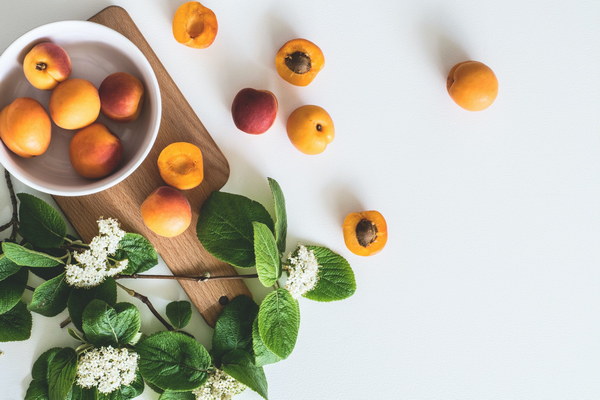Exploring Herbs and Remedies for Nourishing Lung Yin A Comprehensive Guide
Introduction:
Lung Yin, or lung yin deficiency, is a common condition in traditional Chinese medicine (TCM), where the body lacks the necessary fluids to nourish the lungs. This deficiency can lead to symptoms such as dry cough, sore throat, and difficulty breathing. To combat this condition, TCM practitioners often recommend various herbal remedies and lifestyle adjustments. This article will explore some of the most commonly used herbs for nourishing lung Yin and provide insights into their benefits and uses.
1. Schisandra (Schisandra chinensis):
Schisandra is a popular herb in TCM, known for its adaptogenic properties. It helps nourish lung Yin, alleviate dryness, and improve respiratory health. This herb can be taken in the form of capsules, tea, or as a tincture. Schisandra is also beneficial for those suffering from stress, anxiety, and fatigue, as it helps to balance the body's energy levels.
2. Ophiopogon (Ophiopogon japonicus):

Ophiopogon, also known as Lilyturf, is another essential herb for nourishing lung Yin. It is widely used in TCM to treat dry cough, sore throat, and night sweats. This herb contains natural sugars that help to moisten the lungs and throat. Ophiopogon can be consumed as a decoction, tincture, or in the form of capsules.
3. White Peony (Paeonia lactiflora):
White peony is a well-known herb for its cooling and nourishing properties. It is often used to treat lung Yin deficiency, as well as other yin deficiencies. This herb helps to moisten the lungs, alleviate dry cough, and reduce inflammation. White peony can be taken as a tea, tincture, or in tablet form.
4. Licorice Root (Glycyrrhiza uralensis):
Licorice root is a versatile herb that is often used in combination with other TCM herbs. It helps to harmonize the ingredients and enhance their effectiveness. Licorice root is beneficial for nourishing lung Yin and alleviating coughs, sore throats, and dryness. It can be consumed as a tea, tincture, or in capsule form.
5. Mulberry Leaves (Morus alba):
Mulberry leaves are another natural remedy for lung Yin deficiency. They are rich in nutrients that help to nourish the lungs and respiratory system. Mulberry leaves can be used to make a soothing tea, which is helpful for dry coughs and sore throats. This herb is also believed to have anti-inflammatory properties.
6. Astragalus (Astragalus membranaceus):
Astragalus is an immune-boosting herb that is also beneficial for nourishing lung Yin. It helps to strengthen the body's defenses against respiratory infections and supports overall lung health. Astragalus can be taken as a tea, tincture, or in the form of capsules.
Conclusion:
Lung Yin deficiency can be a challenging condition to manage, but there are various herbal remedies that can help alleviate symptoms and restore balance to the body. By incorporating these natural treatments into your routine, you can support lung health and improve your overall well-being. Always consult with a qualified TCM practitioner before starting any new treatment, as they can provide personalized advice and guidance based on your specific needs.









